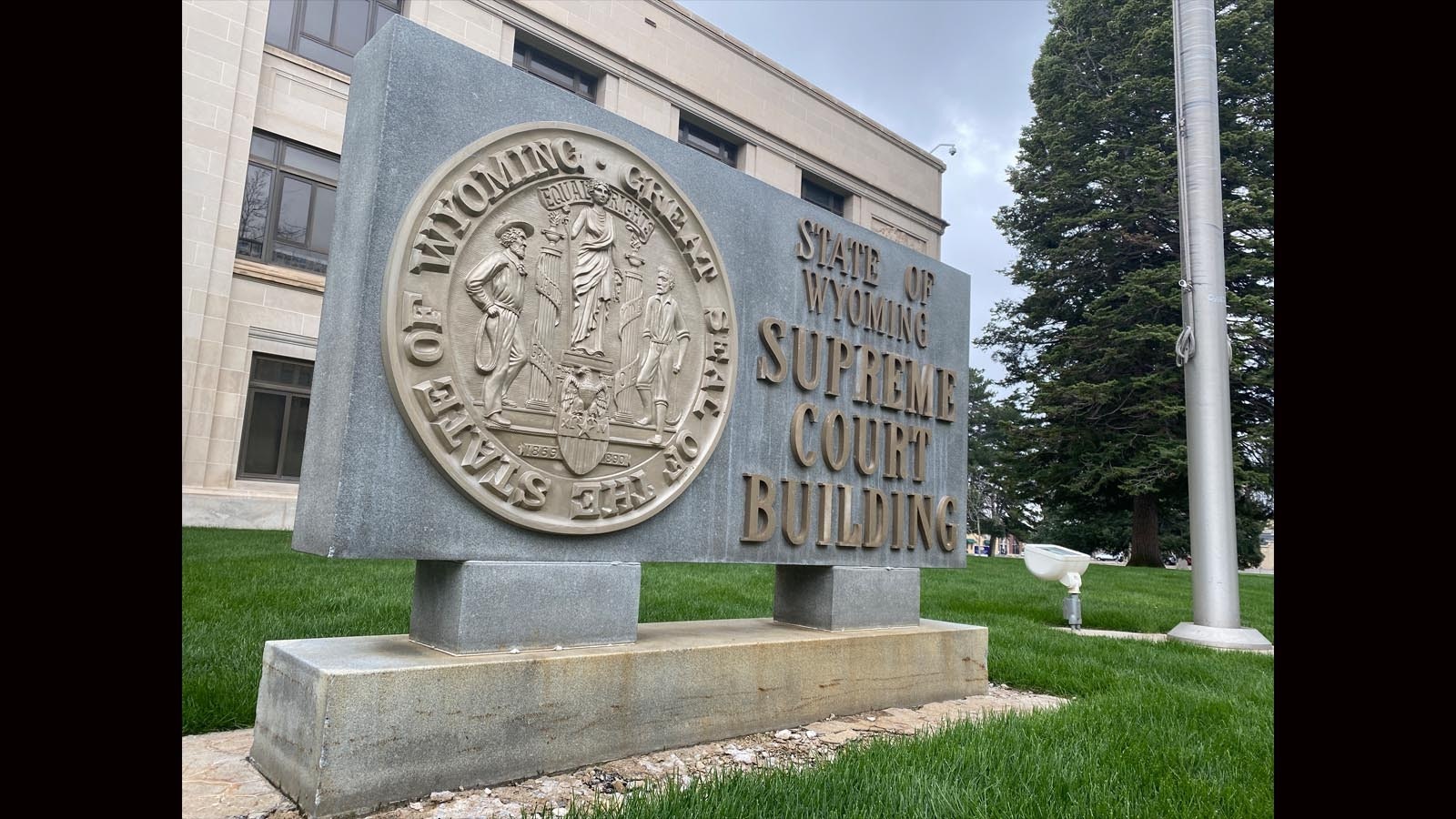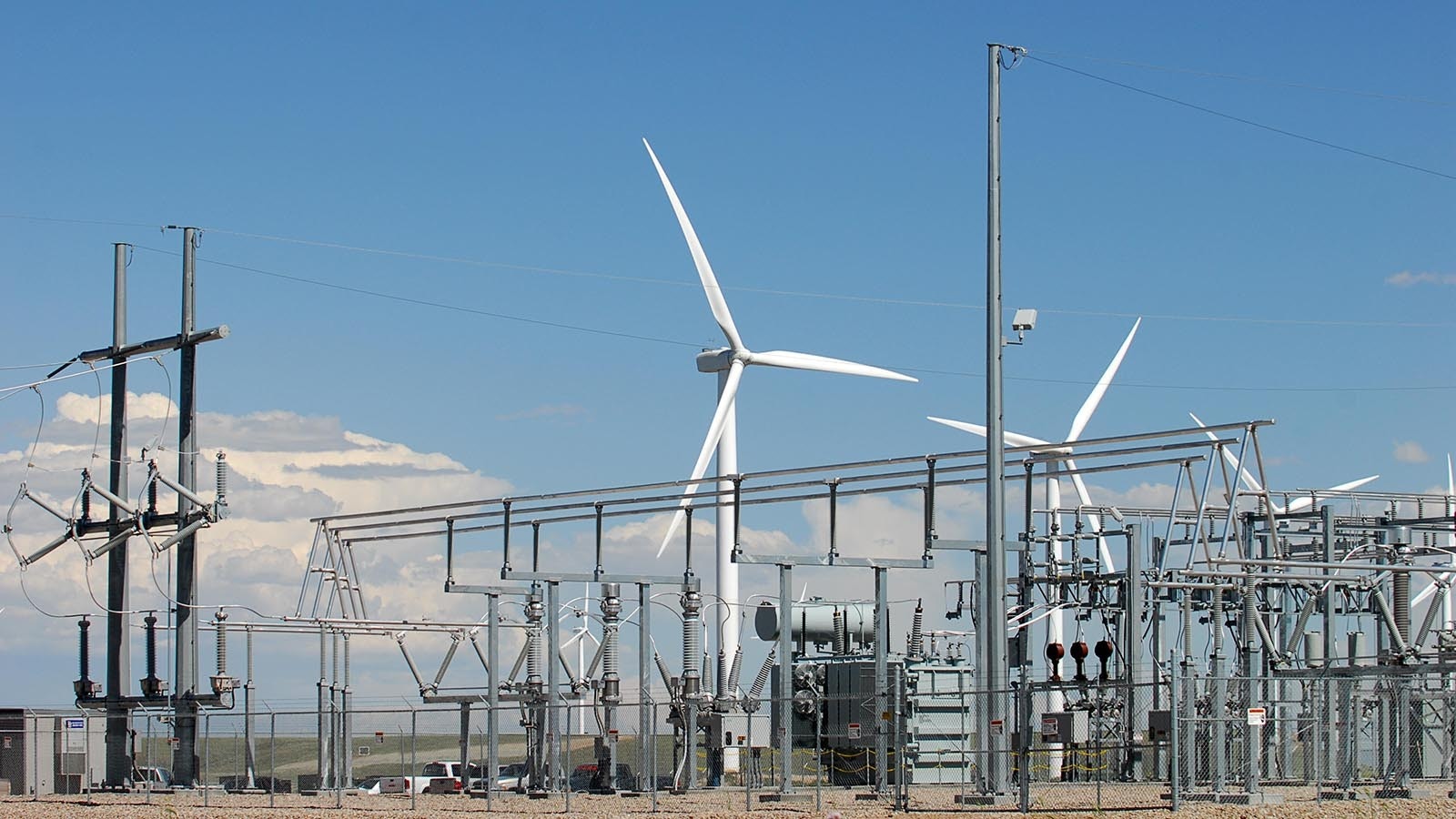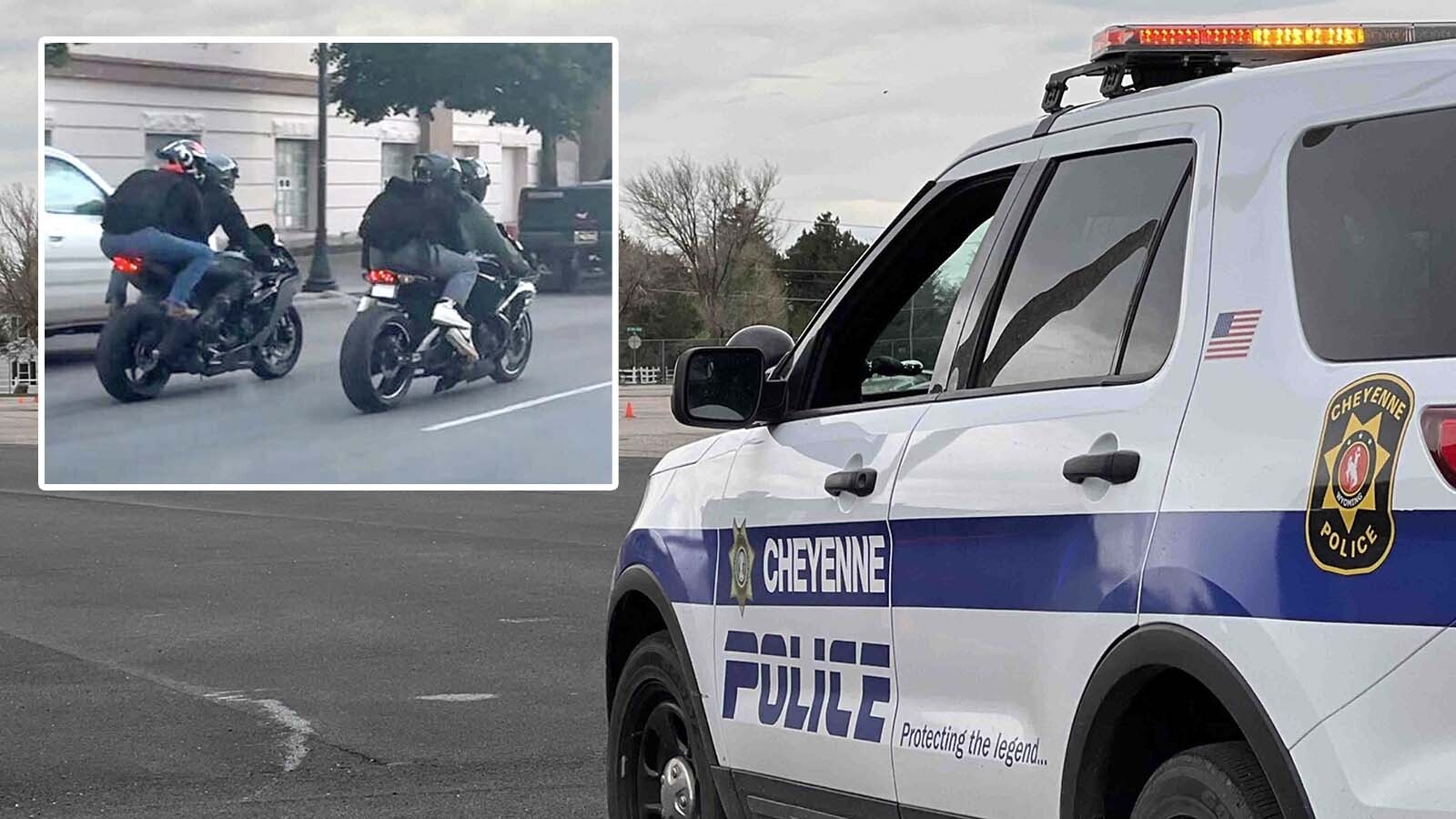Wyoming’s Supreme Court has refused to overturn a Douglas man’s conviction on a charge of attempted first-degree arson because a police officer in his case testified that gasoline is an accelerant.
Justices unanimously upheld the conviction of Sebastian Michael Esquibel on the charge filed in connection with a February 2020 incident in which he was accused of trying to set fire to another man’s Douglas home.
The court rejected Esquibel’s argument that a police officer should not have been allowed to describe gasoline as an accelerant, a substance that will speed the spread of a fire, because he was not an expert on the subject.
“It is common knowledge that gasoline is an accelerant,” said the ruling, written by Justice Keith Kautz. “Because it is common knowledge that gasoline is an accelerant, (the officer) did not need to meet the expert foundation requirements … to testify that gasoline is an accelerant.”
According to the ruling, Esquibel was arrested in connection with an attempt to set fire to the home of Seth Velasquez, who had earlier had a relationship with Esquibel.
The ruling said Velasquez was asleep in the basement of his Douglas home when he was awakened by a noise which turned out to be someone using a brick to break one of his front windows.
When police responded to Velasquez’ report of the incident, a fire investigator with the Wyoming Fire Marshal’s Office determined that after breaking the window to Velasquez’ home, someone had poured an “ignitable liquid” onto the windowsill and lit it. The resulting fire damaged the home’s siding.
After investigators left, Velasquez went to a friend’s house. When he returned home, he found another window had been broken out of his home and he detected a “diesel-like smell” in the home.
The responding officer smelled what he described as “dirty gasoline” and said the accelerant had been poured down the home’s interior wall.
Esquibel was arrested and convicted of attempted first-degree arson in connection with the second incident, but he appealed the conviction.
Esquibel said the officer investigating the second incident should not have been allowed to describe gasoline as an accelerant because he as not a recognized expert in the field.
But justices said it is common knowledge that gasoline is an accelerant, so the officer did not have to be an expert on the issue.





